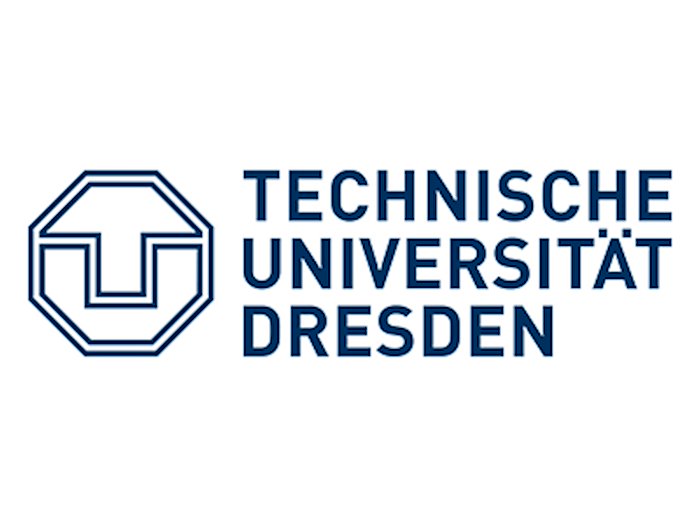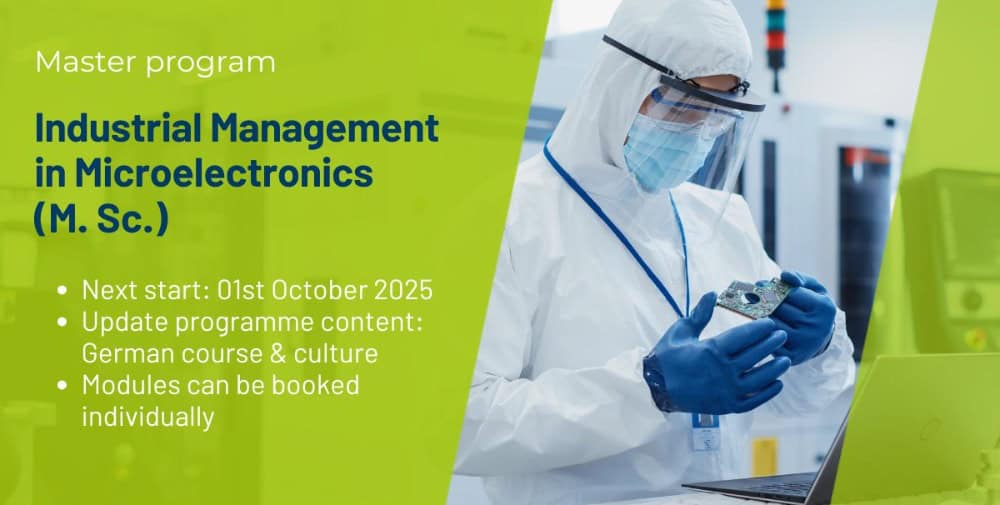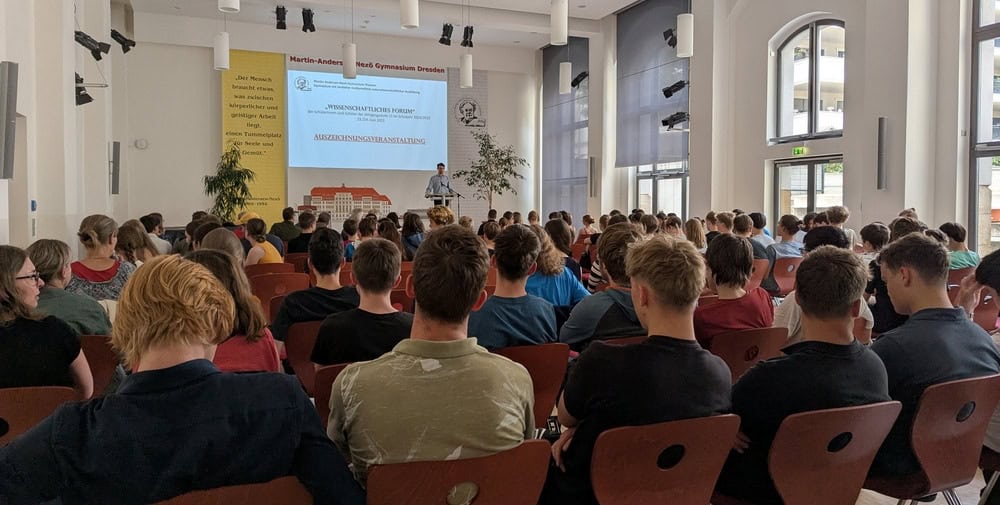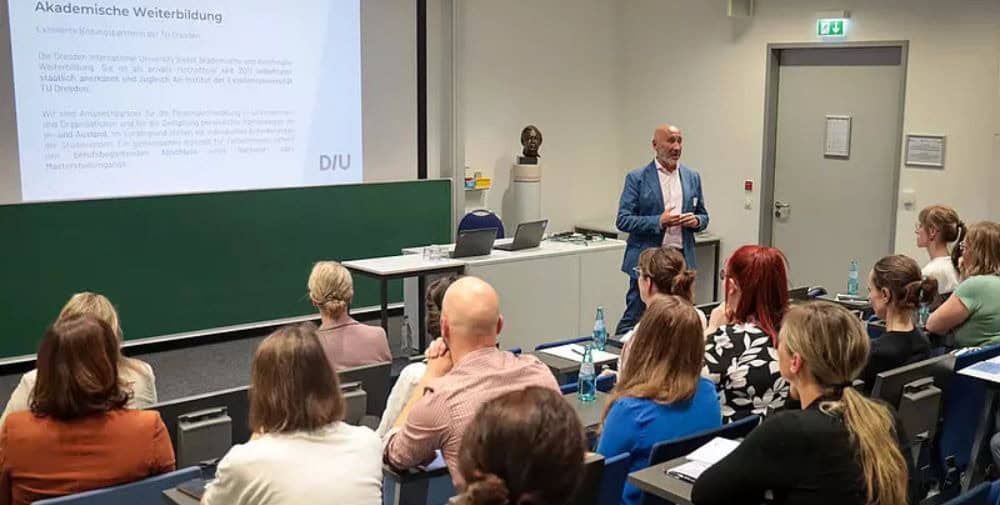
By means of AI-based methods, modern networked assistance systems are able to learn task-specific knowledge and thus support people in a targeted manner in the completion of their tasks, for example in quality control in assembly processes or for control systems in interior logistics. At present, however, small and medium-sized companies in particular have reservations about the use of networked assistance systems. One reason for this is the uncertainty surrounding the safety requirements of networked systems. Not only those responsible, but also users often approach AI-assisted systems with skepticism.
From TUD, the CIMTT Center for Production Technology and Organization and the Chair of Machine Tool Development and Adaptive Controls are involved in the project. The Dresden scientists:inside from the CIMTT contribute their competences in the field of work design and work organization. They accompany the introduction of data-based assistance systems in SMEs from an occupational science perspective. The researchers from the Chair of Machine Tool Development and Adaptive Controls are designing a practicable navigation aid as an aid to action for the introduction of data-based assistance systems with special attention to cyber security, evaluating AI-supported forms of analysis in the machine context, and evaluating the data interaction from the sensor to the cloud. In doing so, they leverage their collaborations with SMEs from the machine tool industry and specifically accompany manufacturing and processing companies from the Dresden-Lausitz region.
Prof. Ursula M. Staudinger, Rector of TU Dresden, sees great potential in the collaboration of the project partners: “The security of assistance systems powered by artificial intelligence is one of the important challenges of our time. That’s why this project, funded by the Dieter Schwarz Foundation, is more than timely and it fits perfectly with TUD’s research strengths in the field of interdisciplinary digital sciences.”
Reinhold Geilsdörfer, Executive Director of the Dieter Schwarz Foundation, also welcomes the cooperation, saying, “The effective application of artificial intelligence technologies requires networked expertise. We are therefore pleased to support the cooperation between the Technical University of Dresden and the Ferdinand Steinbeis Institute at the Education Campus in Heilbronn, thus also helping companies in the Heilbronn and Lausitz regions to enter this complex subject area.”
About Dresden University of Technology
Dresden University of Technology is one of the top universities in Germany and Europe: strong in research, first-class in the diversity and quality of its study programs, closely networked with culture, business and society. As a modern university, with its five departments in 17 faculties, it offers a broad scientific spectrum like few universities in Germany. It is the largest university in Saxony. TU Dresden’s large campus family is made up of around 30,000 students and approximately 8,500 employees – 600 of whom are professors.
TU Dresden has been one of Germany’s eleven universities of excellence since 2012. On July 19, 2019, it successfully defended this title.
Contact
TU Dresden
CIMTT Center for Production Engineering and Organization
Katharina Hunger
Email: katharina.hunger@tu-dresden.de
Phone: +49351 463-33597
Further links
www.tu-dresden.de
Photo: TUD/Stefan Gröschel




